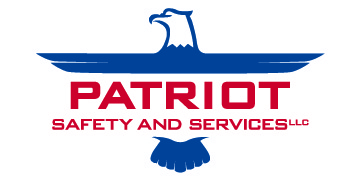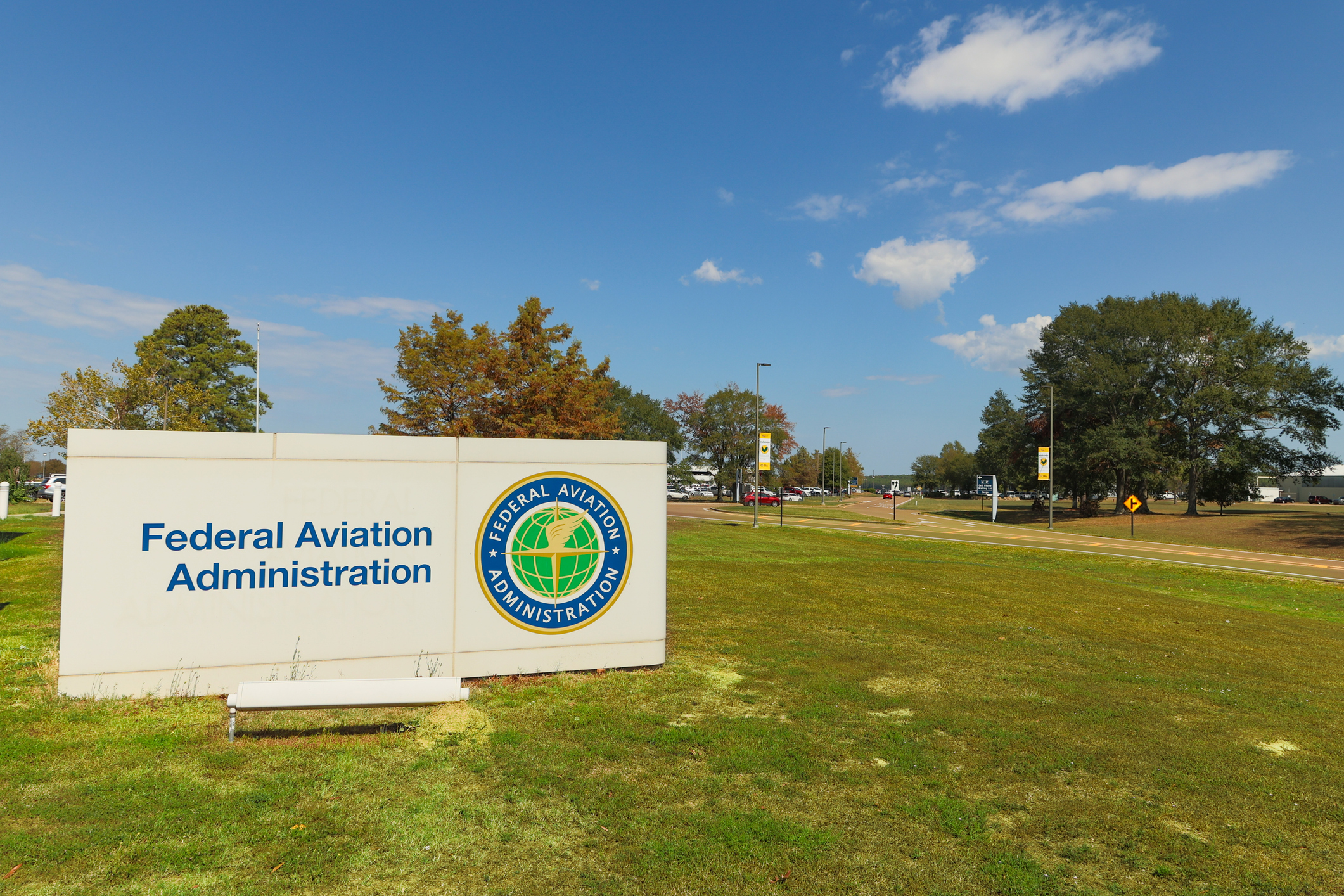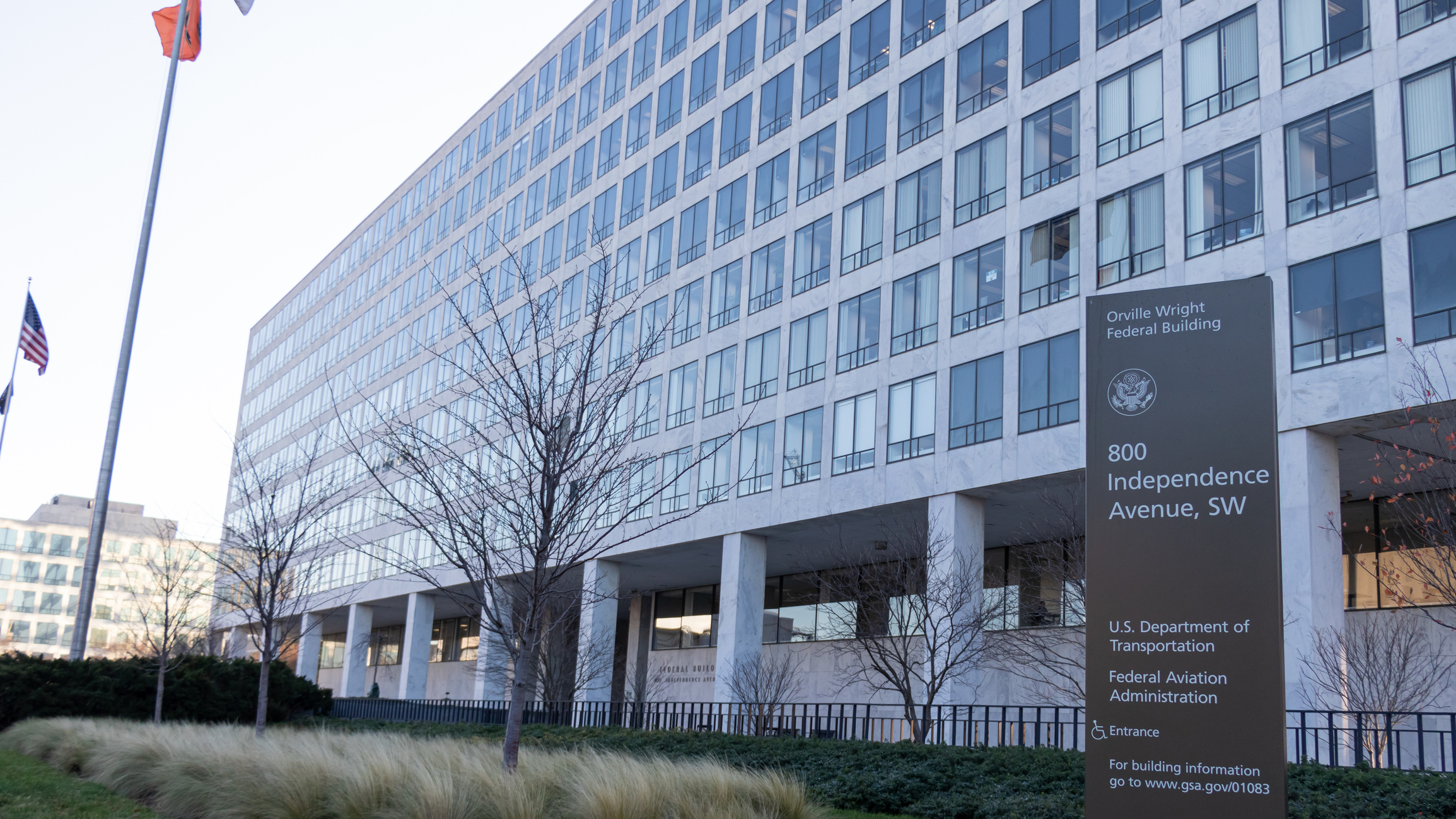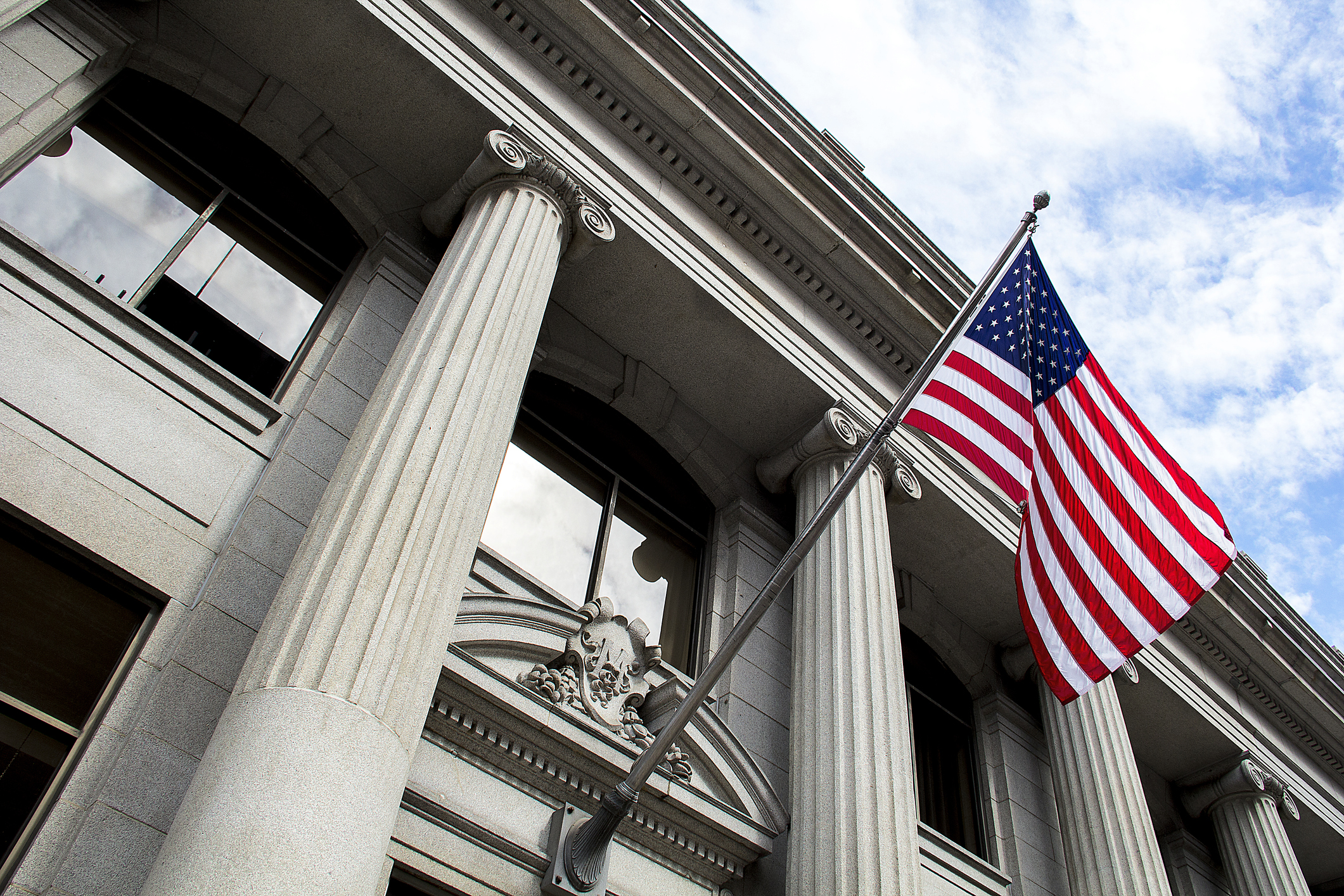Why FAA Drug Testing and Compliance Services Matter in Every Flight Operation
In the aviation industry, safety depends on precision, clear judgment, and total reliability. Whether a pilot is preparing for takeoff or a ground crew member is conducting maintenance, every role in the aviation chain requires complete mental and physical fitness. That’s where FAA drug testing and compliance services come in. These services help ensure that individuals performing safety-sensitive duties meet the strict standards set by the Federal Aviation Administration.
FAA drug testing and compliance services are not optional. They are federally mandated under Part 120 and are designed to protect passengers, personnel, and the public from the risks associated with drug or alcohol impairment in aviation environments. By systematically testing and monitoring employees, FAA drug testing and compliance services reinforce a safety culture rooted in accountability and transparency.
FAA drug testing and compliance services apply to a wide range of aviation employers, including airlines, charter operators, maintenance providers, flight schools, and airport contractors. Regardless of company size or location, compliance with FAA drug testing and compliance services is a non-negotiable aspect of lawful and ethical aviation operations.
What FAA Drug Testing and Compliance Services Involve
The FAA requires aviation employers to implement a comprehensive drug and alcohol testing program for employees performing safety-sensitive functions. FAA drug testing and compliance services support this requirement by providing structured testing processes and program management to meet regulatory demands.
FAA drug testing and compliance services cover five drug classes: marijuana, cocaine, amphetamines, opiates, and phencyclidine (PCP). Employees must also be tested for alcohol use, particularly before, during, or after duty involving aircraft or operational tasks. Testing is required at several critical points, including pre-employment, random selection, post-accident, return-to-duty, and follow-up phases.
FAA drug testing and compliance services also involve recordkeeping, annual reporting, and ongoing program administration. All data must be stored securely and be ready for FAA inspections or audits at any time. The accuracy and consistency of FAA drug testing and compliance services are crucial to ensuring uninterrupted operation and avoiding civil penalties.
Who Needs FAA Drug Testing and Compliance Services
Any employee who performs duties that are regulated as safety-sensitive by the FAA is subject to drug and alcohol testing. This includes pilots, flight attendants, mechanics, dispatchers, aircraft dispatchers, and ramp crew. FAA drug testing and compliance services are also required for contractors or subcontractors who perform covered work for regulated employers.
Employers cannot rely on intuition or assumptions when determining who falls under FAA drug testing and compliance services. The FAA defines specific categories, and employers are responsible for identifying and documenting all applicable roles. Failing to include even a single covered employee in the FAA drug testing and compliance services program can lead to violations.
FAA drug testing and compliance services are also important when onboarding new employees or requalifying workers after extended leave. Ensuring immediate compliance from day one helps avoid operational delays and creates a clear standard for all personnel.
FAA Drug Testing and Compliance Services for Random Testing Programs
One of the most important components of FAA drug testing and compliance services is the random testing requirement. The FAA sets an annual minimum random drug testing rate, which employers must meet or exceed. Random alcohol testing also has a required annual percentage rate. These tests must be conducted at unpredictable times, with every eligible employee having an equal chance of selection.
FAA drug testing and compliance services include secure systems for generating truly random selection lists, maintaining confidential rosters, and documenting compliance. Selection must be scientifically valid and free from any bias or manipulation.
Implementing FAA drug testing and compliance services for random testing is a logistical challenge that must be handled with precision. Employers often rely on third-party administrators (TPAs) to manage random testing pools, notifications, and collections. With FAA drug testing and compliance services in place, companies can be confident that their random testing obligations are fully satisfied.
Post-Accident and Return-to-Duty Testing Under FAA Drug Testing and Compliance Services
When an accident or incident occurs, the FAA mandates post-accident testing for individuals whose performance may have contributed to the event. FAA drug testing and compliance services help determine whether a covered employee was under the influence of prohibited substances at the time of the incident.
Timing is critical in post-accident testing. FAA drug testing and compliance services ensure that specimens are collected promptly and processed through certified labs to preserve chain-of-custody and result integrity. Delays or errors in this process can undermine compliance and complicate investigations.
FAA drug testing and compliance services are also essential in the return-to-duty process. When an employee violates drug or alcohol rules, they must complete a Substance Abuse Professional (SAP) evaluation and follow a prescribed rehabilitation process. FAA drug testing and compliance services support this process by conducting monitored return-to-duty testing and follow-up testing over a specified period.
FAA Drug Testing and Compliance Services for Audit and Recordkeeping Requirements
Maintaining accurate records is a core element of FAA drug testing and compliance services. The FAA requires employers to keep documentation of all test results, program policies, employee acknowledgments, laboratory certifications, and more. These records must be readily available for inspection by the FAA or Department of Transportation.
FAA drug testing and compliance services include digital record management platforms that centralize all required documents. These systems make it easy to generate annual MIS reports, review historical data, and demonstrate full compliance with FAA mandates.
Employers who fail to maintain proper records may face enforcement actions, even if they conducted testing in good faith. FAA drug testing and compliance services reduce this risk by automating compliance tracking and offering expert guidance on required documentation standards.
Customizing FAA Drug Testing and Compliance Services for Different Aviation Environments
Aviation operations vary widely, from regional charter providers to large commercial airlines. FAA drug testing and compliance services must be adaptable to meet the needs of different environments while maintaining the same compliance standards.
For example, a small fixed-base operator may have fewer covered employees and require mobile collection services. In contrast, a national airline may operate multiple testing sites and need centralized data management. FAA drug testing and compliance services can be scaled and customized to meet these logistical needs.
Even organizations that share airport space or work on joint operations must coordinate their testing responsibilities. FAA drug testing and compliance services allow for consortium models that ensure all participating parties maintain testing compliance while sharing administrative resources.
FAA Drug Testing and Compliance Services as a Culture Driver
Beyond compliance, FAA drug testing and compliance services help cultivate a safety-first workplace culture. Employees understand that their actions affect not only their own safety but the well-being of passengers, coworkers, and the public. Knowing that FAA drug testing and compliance services are in place reinforces personal responsibility.
When aviation companies emphasize FAA drug testing and compliance services as part of new hire orientation and regular safety meetings, they normalize the expectation of a drug-free work environment. This can improve morale, reduce accidents, and even attract higher-quality applicants who appreciate safety-conscious employers.
FAA drug testing and compliance services also send a message to regulators and clients: this organization takes its responsibilities seriously and has the tools in place to manage safety-sensitive work appropriately.
Partnering With a Reliable Provider of FAA Drug Testing and Compliance Services
Choosing a reliable partner for FAA drug testing and compliance services is one of the most important decisions aviation employers will make. The right provider should offer full program management, DOT-certified labs, trained collectors, SAP referrals, and expert compliance support.
FAA drug testing and compliance services must also include access to up-to-date regulatory guidance. As FAA rules evolve, your provider must ensure that testing protocols, reporting requirements, and training materials remain current. Outdated processes or knowledge gaps can put your entire program at risk.
Scalability, transparency, and rapid support are equally important. FAA drug testing and compliance services should be accessible through digital dashboards, real-time alerts, and a dedicated support team that understands aviation-specific needs.
FAA Drug Testing and Compliance Services as a Long-Term Investment in Safety
Committing to FAA drug testing and compliance services is not simply about checking a regulatory box. It’s a proactive investment in long-term safety, operational consistency, and public trust. By screening, monitoring, and supporting employees in safety-sensitive roles, employers create a resilient workforce prepared to meet the demands of the aviation industry.
FAA drug testing and compliance services protect against legal exposure, enhance safety ratings, and help companies prepare for audits or inspections with confidence. More importantly, they support a mission that every aviation organization shares—keeping the skies safe for everyone.
For more information on how to implement these services, contact us or visit Patriot Safety and Services on LinkedIn. Learn more about industry standards from the Aviation Safety Action Program (ASAP) and ensure your compliance with DOT regulations.






